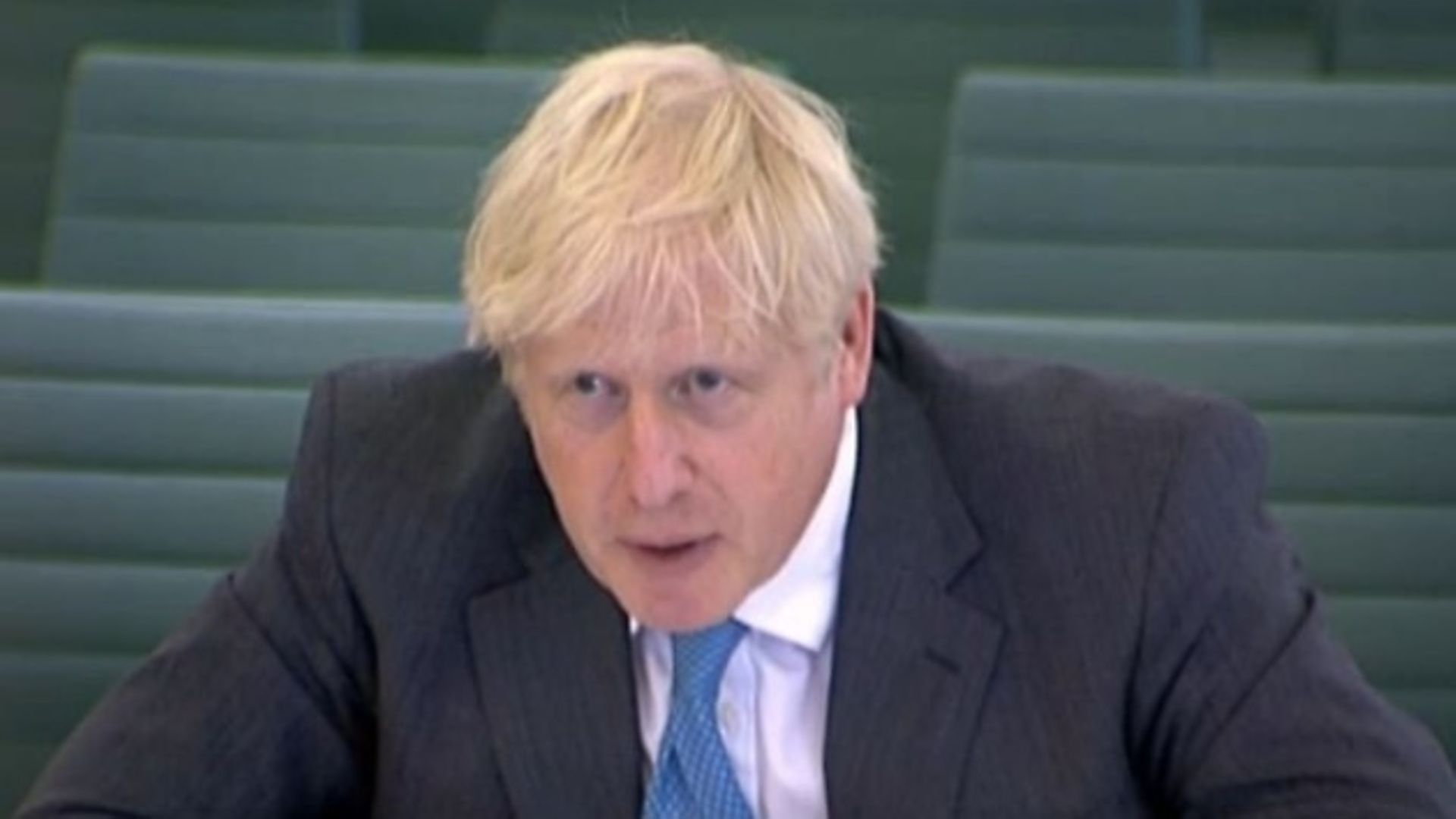
Boris Johnson has refused to say when his government will launch a coronavirus inquiry.
The prime minister said it would “not be a good use of official time” to launch an inquiry.
Appearing in front of the all-powerful Liaison Committee, Johnson said: “Of course, we will have an inquiry into everything that has gone wrong and gone right. We will try to work out what would be better in the future, but, I have to say that would not be a good use of official time at the moment.
“We’ve just had an official discussion about the very pressing need to ramp up our testing operations and a huge number of officials around the country are involved in that right now.”
Tory MP William Wragg pressed: “Announcing an inquiry now would mean it would probably start in the new year so, what is the impediment of getting that background work underway?”
Johnson said the civil service was too busy responding to the coronavirus to deal with an inquiry.
“Is there any further thoughts in terms of lessons learnt and could you give some key examples and how they’ve been implemented?” Wragg continued.
“I wouldn’t want to anticipate the work of any such inquiry,” Johnson said before saying that the government’s understanding of asymptomatic cases had changed.
On civil service reform, Johnson said he anticipated new reforms that would build the “speed” at which the civil service responds to urgent issues.
Wragg asked: “So, any such reform would not alter that fundamental established relationship between ministers and civil servants?”.
Johnson insisted it wouldn’t when Wragg chimed in with: “So when must a minister resign instead of their officials?”
“I think ministers should be responsible and I, a minister for the civil service, should take full responsibility for what the government does,” replied the prime minister.
“So, for a minister to resign does it require a failure of policy of a failure of its implementation?”
Johnson stammered: “I think a minister is obviously accountable for all failures the government can be blamed for.”









